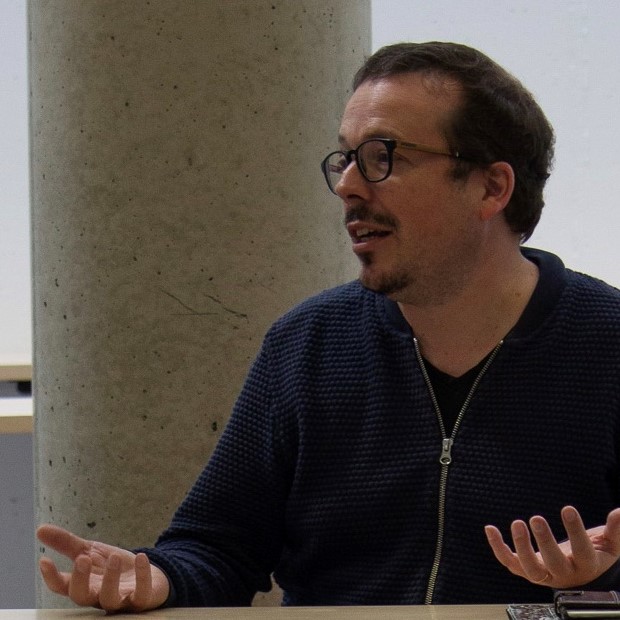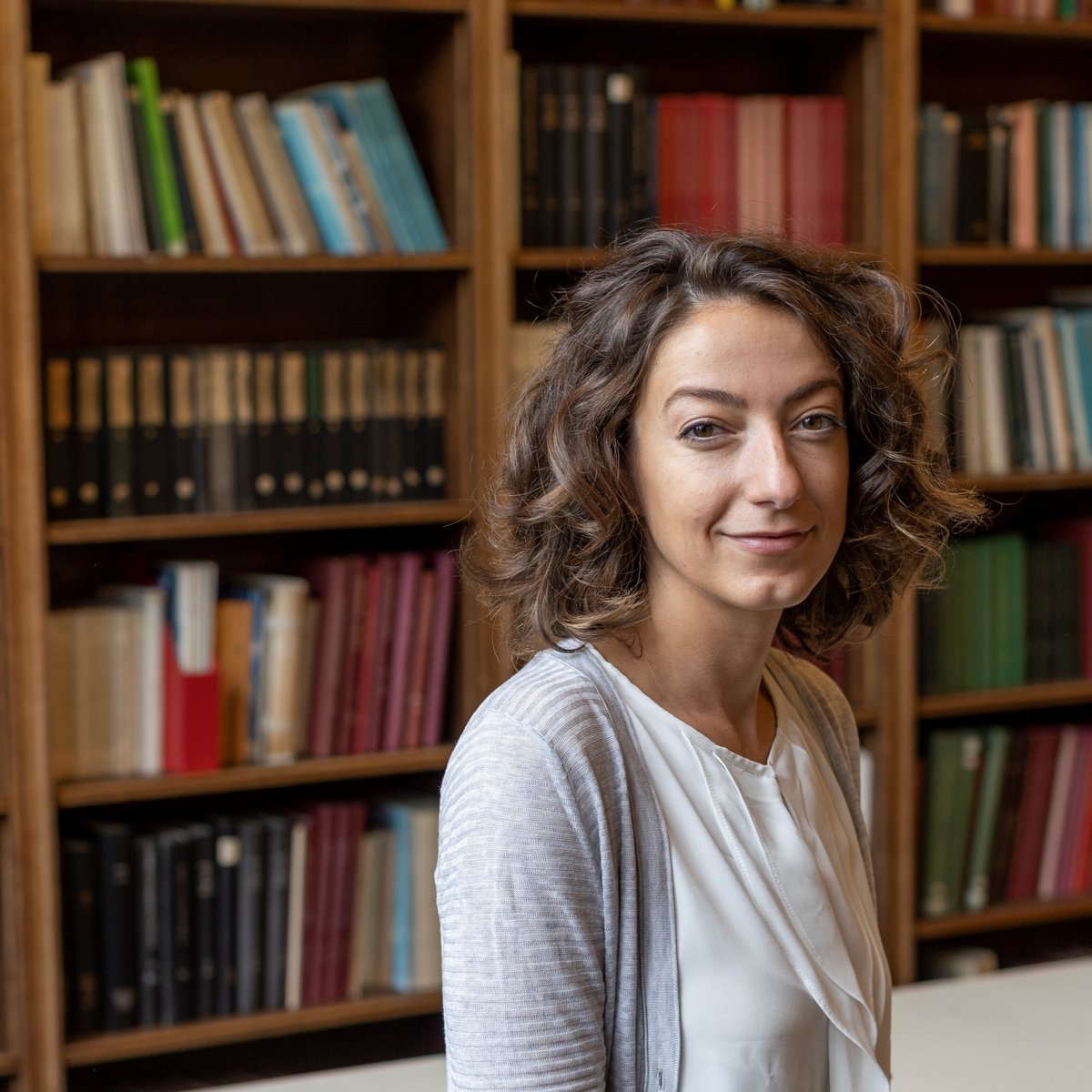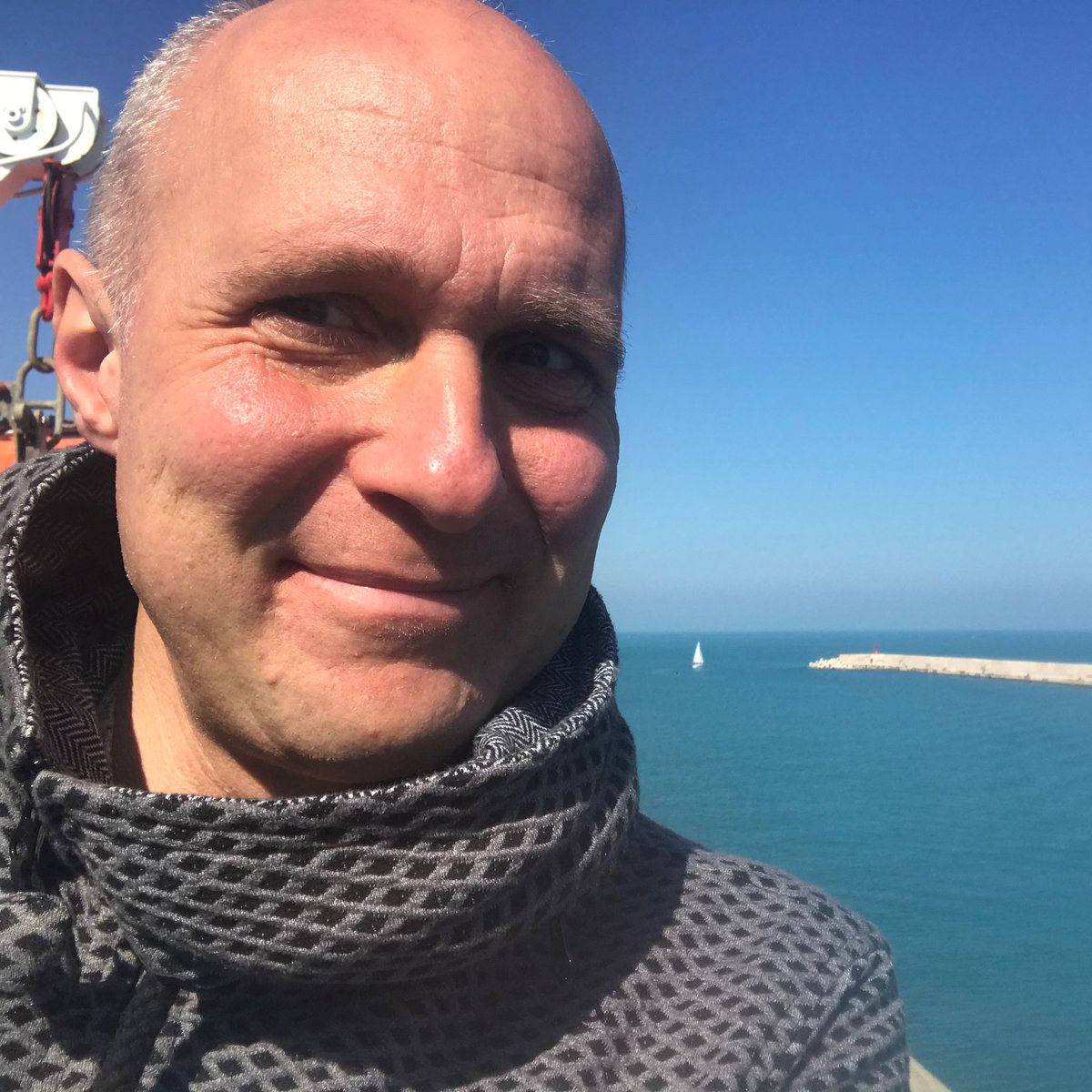Rethinking Infrastructure: Cultural Perspectives
Opening conference of the Centre for Cultural Inquiry (ZKF)
29 June - 1 July 2022
Theme
While infrastructure constitutes a basic dimension of human life, it is widely taken as a matter of course. The major crises of recent years, however, suggest that infrastructure needs to be taken into consideration. Streets and bridges that are swept away by floods; health care and social security systems that collapse in the face of a pandemic; social orders that change within weeks because of a military offensive: these are all examples of infrastructure crises.
Mere technical improvements to existing infrastructures will not suffice to meet such crises. Rather, we need to question on a fundamental level what we mean when we speak of infrastructures, what role we assign to them, and how we can handle them more flexibly. These questions require a comprehensive cultural-studies approach.
The Centre for Cultural Inquiry (Zentrum für Kulturwissenschaftliche Forschung, ZKF) has therefore established “Rethinking Infrastructure” as one of its core research topics. This interdisciplinary Centre with currently nearly 100 members is one of the University of Konstanz’s central research institutions. It was founded in 2019 as the successor of the Cluster of Excellence “Cultural Foundations of Social Integration” (2006-2019) in order to connect and advance the university’s research activities in cultural studies. In addition to the project on infrastructures, researchers working at the Centre are dedicated to phenomena of social cohesion and communal sense, the global mobility of aesthetic and social forms, and the description of practices of plausibility.
The workshop, which is delayed in celebrating the opening of the Centre due to the COVID-19 pandemic, assembles internationally renowned experts from five disciplines—anthropology, history, literary studies, media studies, and sociology—to present their research on and understanding of infrastructure. These experts will enter into discussion with researchers from the University of Konstanz to open up new, interdisciplinary perspectives on the concept of infrastructure and the benefits of a cultural-studies approach.
Programme
Wednesday, 29 June 2022, Konzil, Sigismund-Saal
18.00-18.30
Opening remarks
Christina Wald (Centre for Cultural Inquiry / ZKF)
Kirsten Mahlke + Daniel König (Research Initiative Rethinking Infrastructure: Cultural Perspectives)
18.30
„Elevator Pitch. Gratitude for Infrastructure, and Beyond“
Bruce Robbins (Columbia University, New York)
followed by discussion and reception
Moderator: Timo Müller (University of Konstanz)
Thursday, 30 June 2022, University of Konstanz, Room G 227a
9.00-10.30
Literary Studies motions and discussion
Kirsten Mahlke, Aaron Pinnix (University of Konstanz)
11.00-12.00
„Aesthetics of industrial infrastructure“
Jörn Etzold (Ruhr University Bochum)
12.00-13.00
Lunch
13.00-14.30
Media Studies motions and discussion
Isabell Otto, Axel Volmar (University of Konstanz)
15.00-16.00
„The infrastructural continuum: postcolonial ethnographic engagements with megaprojects“
Cristiana Strava (Leiden Institute for Area Studies)
16.30-18.00
Anthropology motions and discussion
Judith Beyer, Thomas Kirsch (University of Konstanz)
Friday, 1 July 2022, University of Konstanz, Room G 227a
9.00-10.00
„Developmentality: Infrastructure as Nexus between Air and Earth, Past and Future, Power and Resistance“
Malte Fuhrmann (University of Konstanz and Leibniz-Center Modern Orient, Berlin)
10.30-12.00
History motions and discussion
Fernando Esposito, Daniel König (University of Konstanz)
12.00-13.00
Lunch
13.30-14.30
Sociology motions and discussion
Nora Binder, Christian Meyer (University of Konstanz)
15.00-16.30
Concluding discussion
Keynote Speakers
Bruce Robbins (Columbia University, New York)
Bruce Robbins is Old Dominion Foundation Professor of the Humanities at Columbia University. His most recent books are Criticism and Politics: A Polemical Introduction (Stanford, 2022) and The Beneficiary (Duke). Cosmopolitanisms, co-edited with Paulo Horta, came out in 2017. His other books include Perpetual War: Cosmopolitanism from the Viewpoint of Violence (2012), Upward Mobility and the Common Good (2007), Feeling Global: Internationalism in Distress (1999), Secular Vocations: Intellectuals, Professionalism, Culture (1993), and The Servant's Hand: English Fiction from Below (1986). He is the director of two documentaries, “Some of My Best Friends Are Zionists” and “What Kind of Jew Is Shlomo Sand?”
Jörn Etzold (Ruhr University Bochum)
Jörn Etzold is Professor of Theater Studies at Ruhr University Bochum. He has taught and done research at the universities of Giessen, Frankfurt, Erfurt, Weimar and at Northwestern University, Evanston. Etzold is the author of Die melancholische Revolution des Guy-Ernest Debord, Zürich/Berlin 2009, Flucht. Stimmungsatlas in Einzelbänden, Hamburg 2018, Gegend am Aetna. Hölderlins Theater der Zukunft, Paderborn 2019 as well as of numerous essays. Prävention. Stimmungsatlas in Einzelbänden, is forthcoming (Hamburg 2022). In addition, Etzold also worked as a theater-maker and translator.
Etzold is one of the PIs of the research training group The Documentary – Excess and Privation at Ruhr University and he is currently preparing a joint research project on Infrastructure – Aesthetics and Supply. Together with curator Britta Peters from Bochum-based Urbane Künste Ruhr he recently organized the series Fatigue and Supply (Ermüdung und Versorgung) that brought together theoretical and artistic positions towards infrastructures.
Cristiana Strava (Leiden Institute for Area Studies)
I am a social anthropologist, trained at Harvard and SOAS, University of London, with a broad interest in urban spaces and the forces that shape our lives in and around them. I have conducted fieldwork in North, West and East Africa on topics ranging from housing security, gendered forms of waged and unwaged labor, marginalization, and the politics of planning and development regimes. I currently write, teach, and conduct research on these topics at Leiden University. Prior to my PhD studies, I worked with the UNDP and the German Technical Cooperation Agency on issues related to sustainable development and adaptation to climate change.
Malte Fuhrmann (University of Konstanz and Leibniz-Center Modern Orient, Berlin)
Malte Fuhrmann is a historian of the Eastern Mediterranean and especially Turkey and Southeast Europe. He is currently visiting professor of modern history at Konstanz University. His publications include: Der Traum vom deutschen Orient: Zwei deutsche Kolonien im Osmanischen Reich 1850-1918 (Imagining a German Orient: Two German Colonies in the Ottoman Empire, 1850-1918, Campus 2006); Konstantinopel Istanbul: Stadt der Sultane und Rebellen (Constantinople - Istanbul: City of Sultans and Rebells, Fischer 2019); and Port Cities of the Eastern Mediterranean: Urban Culture in the Late Ottoman Empire (Cambridge UP 2020). He recently completed a research project at the Leibniz-Zentrum Moderner Orient, Berlin, entitled Developmentality in Southeast Europe: The Evolution of Developmental Discourse in Bulgaria and Turkey in the Debate on Transport Infrastructure.
-

Bruce Robbins is Old Dominion Foundation Professor of the Humanities at Columbia University. His most recent books are Criticism and Politics: A Polemical Introduction (Stanford, 2022) and The Beneficiary (Duke). Cosmopolitanisms, co-edited with Paulo Horta, came out in 2017. His other books include Perpetual War: Cosmopolitanism from the Viewpoint of Violence (2012), Upward Mobility and the Common Good (2007), Feeling Global: Internationalism in Distress (1999), Secular Vocations: Intellectuals, Professionalism, Culture (1993), and The Servant's Hand: English Fiction from Below (1986). He is the director of two documentaries, “Some of My Best Friends Are Zionists” and “What Kind of Jew Is Shlomo Sand?” -

Jörn Etzold is Professor of Theater Studies at Ruhr University Bochum. He has taught and done research at the universities of Giessen, Frankfurt, Erfurt, Weimar and at Northwestern University, Evanston. Etzold is the author of Die melancholische Revolution des Guy-Ernest Debord, Zürich/Berlin 2009, Flucht. Stimmungsatlas in Einzelbänden, Hamburg 2018, Gegend am Aetna. Hölderlins Theater der Zukunft, Paderborn 2019 as well as of numerous essays. Prävention. Stimmungsatlas in Einzelbänden, is forthcoming (Hamburg 2022). In addition, Etzold also worked as a theater-maker and translator. Etzold is one of the PIs of the research training group The Documentary – Excess and Privation at Ruhr University and he is currently preparing a joint research project on Infrastructure – Aesthetics and Supply. Together with curator Britta Peters from Bochum-based Urbane Künste Ruhr he recently organized the series Fatigue and Supply (Ermüdung und Versorgung) that brought together theoretical and artistic positions towards infrastructures. -

Cristiana Strava is a social anthropologist, trained at Harvard and SOAS, University of London, with a broad interest in urban spaces and the forces that shape our lives in and around them. She has conducted fieldwork in North, West and East Africa on topics ranging from housing security, gendered forms of waged and unwaged labor, marginalization, and the politics of planning and development regimes. She currently writes, teaches, and conducts research on these topics at Leiden University. Prior to her PhD studies, she worked with the UNDP and the German Technical Cooperation Agency on issues related to sustainable development and adaptation to climate change. -

Malte Fuhrmann is a historian of the Eastern Mediterranean and especially Turkey and Southeast Europe. He is currently visiting professor of modern history at Konstanz University. His publications include: Der Traum vom deutschen Orient: Zwei deutsche Kolonien im Osmanischen Reich 1850-1918 (Imagining a German Orient: Two German Colonies in the Ottoman Empire, 1850-1918, Campus 2006); Konstantinopel Istanbul: Stadt der Sultane und Rebellen (Constantinople - Istanbul: City of Sultans and Rebells, Fischer 2019); and Port Cities of the Eastern Mediterranean: Urban Culture in the Late Ottoman Empire (Cambridge UP 2020). He recently completed a research project at the Leibniz-Zentrum Moderner Orient, Berlin, entitled Developmentality in Southeast Europe: The Evolution of Developmental Discourse in Bulgaria and Turkey in the Debate on Transport Infrastructure.
Please find the recording of the keynote lecture on the streaming website.
